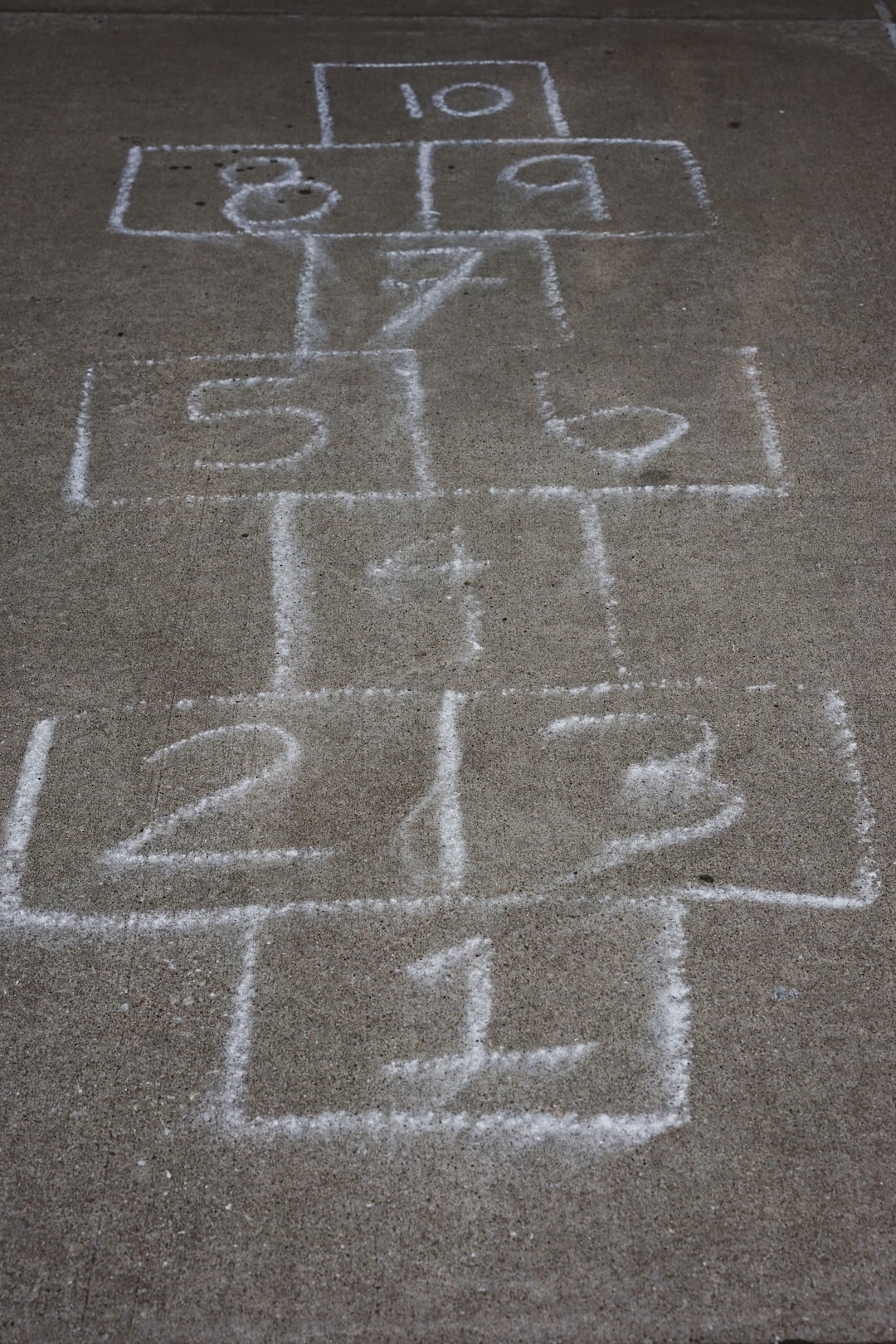Gaming Addiction: Understanding and Overcoming the Problem
Gaming addiction has become a prevalent issue in today’s society. With the increasing popularity of video games and the advent of the mobile gaming industry, more and more individuals are succumbing to the grasp of this addiction. While gaming can be a fun and enjoyable pastime, it is important to understand the signs of addiction and learn how to overcome this problem.
Firstly, it is crucial to recognize the signs of gaming addiction. Common symptoms include an overwhelming obsession with gaming, neglecting other responsibilities such as work, school, or relationships, irritability and restlessness when not gaming, withdrawal from social interactions, and neglecting personal hygiene and self-care. If you or someone you know exhibits these signs, it is essential to address the issue and seek help.
Understanding the root causes of gaming addiction is the first step towards overcoming it. For many, gaming provides an escape from reality, allowing individuals to avoid dealing with their problems and emotions. It can become a coping mechanism, used to numb feelings of anxiety, stress, or depression. The constant need for validation and the feeling of achievement that comes from leveling up or winning can also contribute to addiction. It is crucial to identify these underlying issues and address them in order to break free from the cycle of addiction.
One practical approach to overcoming gaming addiction is to establish a healthy relationship with gaming. This means setting boundaries and time limits for gaming sessions, allowing for moderation and balance in one’s life. Creating a schedule and sticking to it can help in managing time effectively and prevent excessive gameplay. It is also essential to engage in other activities such as physical exercise, social interactions, and pursuing hobbies or interests outside of gaming.
Building a support system is equally important in overcoming gaming addiction. Surrounding oneself with understanding and supportive friends and family can provide the necessary encouragement and help in breaking free from addiction. In addition, joining support groups or seeking professional help, such as therapy or counseling, can provide valuable insights, strategies, and accountability in the recovery process.
Another effective method in overcoming gaming addiction is to find alternative, healthier outlets for one’s emotions and stress. Engaging in physical activity, such as jogging, yoga, or playing sports, can help release endorphins and reduce anxiety. Spending time with loved ones, pursuing creative endeavors, or learning new skills can also provide a sense of fulfillment and purpose. Finding hobbies or activities that bring joy and satisfaction can lessen the desire to escape into the virtual world of gaming.
Lastly, it is important to shift one’s mindset and perspective about gaming. Recognizing that gaming is just a form of entertainment, rather than a defining aspect of one’s life, can diminish the power it holds over an individual. Focusing on personal growth, setting and achieving realistic goals, and maintaining a positive outlook are essential in the recovery process.
In conclusion, gaming addiction is a real problem that affects many individuals today. Understanding the signs, root causes, and effective ways to overcome gaming addiction is crucial in reclaiming control over one’s life. By implementing strategies such as setting boundaries, building a support system, finding healthier outlets for emotions and stress, and shifting one’s mindset, it is possible to break free from the grip of gaming addiction and lead a balanced and fulfilling life.
